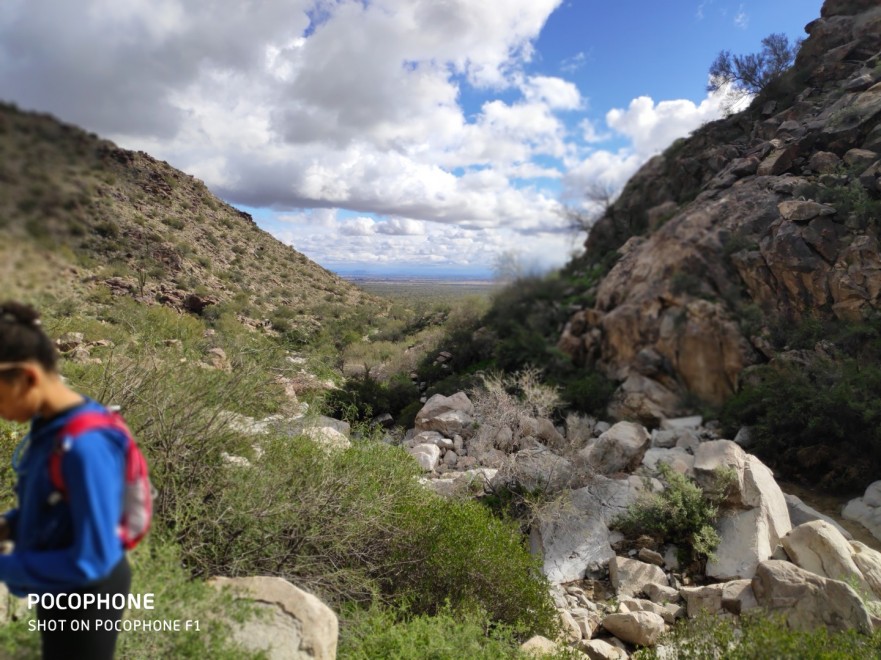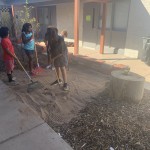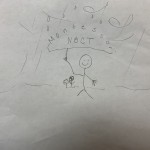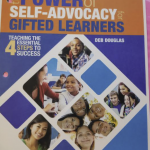As I push forward and try to recreate or maintain levels of stability for myself, my family, and my class, I paused to observe if I was still on track with my students to help them develop into the ultimate goal of positive contributors to society. In doing so, I began to think about my grandchildren, ages 3 and 4, with the same lens. Am I doing what I can to help them grow into strong, capable, and positive contributors to society? One of the areas that help me do this the most is helping them develop to their fullest potential. In Montessori, we call this Practical Life.
Practical Life activities provide opportunities for the child to learn how to master and successfully engage with his environment. Providing prepared opportunities to do this provides a map to successful skill acquisition in a manner that is appropriately adapted to the physical and social development of the child. In turn, the child is more likely to build up faith in his own abilities to master and be successful in his environment. This can lead to healthier future interactions and outlooks.
For example, the preparation of the meal. When a small child is given a prepared meal on a paper or plastic plate with similar utensils and cups, the eating experience can be interpreted as an automatic process for the purpose of consuming food. When the food does not come fast enough, there is no sense of waiting or process. Instead, it magically appears. After the meal, the materials used are taken away or the child simply leaves. That is the end, until the next time.
In the prepared environment, the “meal” can begin with the planting of the seed that will grow into a fruit or vegetable, the harvesting of that food, and its preparation for consumption. The small child is involved in this entire process. The child is shown and guided through the process of proper harvesting and food preparation. It is an intentional act that he learns can meet a direct need within himself and others: the satisfaction of hunger. It is a social and community act. The process is learned from another, even if the child can perform it independently. Once mastered, the child can teach it to another member of the community.
The preparation of the food requires thought and planning. The peeling of a boiled egg takes time and must be intentionally executed if the prize (the peeled egg) is to be secured and presented. The eating place is prepared with appropriate social dishes to be handled with care so that they can be used again with the next meal. It can be decorated with flowers and other objects of beauty to enhance the eating experience. Indeed, this is now a positive experience involving food consumption. It is a pleasure, and can be enhanced with the beauty of art, music, nature, and (most joyfully) human companionship. Afterward, the experience is honored and brought to a closure by properly removing, cleaning, and replacing the dishes used.
As a small child, I experienced both eating experiences. The first was a typical eating experience in my school’s cafeteria. It was rushed, impersonal, timed, and consumption-based. It was a function for putting food in the body. Social interactions were discouraged. You ate and you moved on. The second experience was at home. Meal preparation was a family event interpreted as an act of love. We ate together and built community while doing it. I was a contributing member in the gathering, preparation, consumption, and restoration. This gave me a sense of value, mastery, and interdependence within my family group. I needed them but they also needed me. This practical life experience provided me that opportunity.









